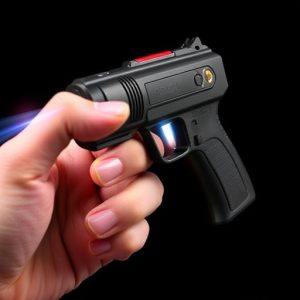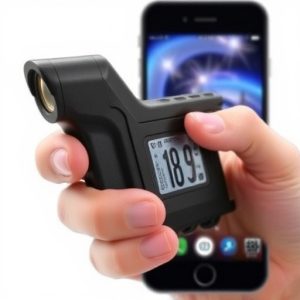Civilian Taser Laws: State-by-State Guide to Smart Phone Stun Gun Ownership
The debate around civilians owning Smart Phone Stun Guns has gained traction, highlighting the need…….
The debate around civilians owning Smart Phone Stun Guns has gained traction, highlighting the need for thorough understanding of state regulations. U.S. laws vary widely on age restrictions, background checks, training requirements, and carry locations (open or concealed) due to differing interpretations of federal and state constitutional rights. Responsible ownership requires researching and adhering to specific state laws, safe handling practices, proper storage, and adequate training to effectively and responsibly use these non-lethal self-defense tools.
In today’s world, self-defense options like smart phone stun guns are gaining popularity among civilians. This compact and easily accessible tool offers a non-lethal way to deter and disable assailants. However, navigating the legal landscape of civilian taser ownership can be complex, with state laws varying widely.
This article provides an in-depth look at the regulations surrounding smart phone stun guns, exploring federal versus state control, acquisition requirements, regional restrictions, and crucial safety considerations for responsible ownership.
- Understanding Civilian Taser Ownership: An Overview
- Legal Framework: Federal vs State Regulations
- Requirements for Acquiring a Smart Phone Stun Gun
- State-Specific Laws and Restrictions
- Safety Considerations and Responsible Ownership
Understanding Civilian Taser Ownership: An Overview
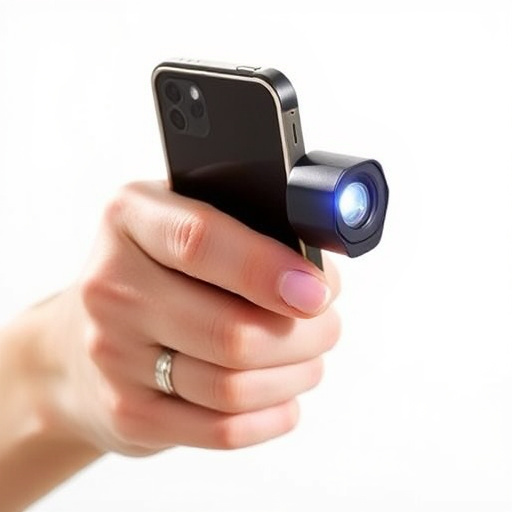
In recent years, the concept of civilians owning stun guns, often referred to as Tasers, has sparked both interest and debate. A Smart Phone Stun Gun, or civilian-grade Taser, is a non-lethal self-defense tool designed to incapacitate an assailant temporarily through electric shock. Understanding the legal landscape surrounding their ownership is essential for responsible citizens considering such a purchase. Each state in the US has its own set of regulations dictating who can own and under what circumstances these devices can be used, highlighting the importance of familiarizing oneself with local laws before acquiring one.
The varying requirements often factor in issues like age, background checks, training, and intended use. Some states allow open carry while others restrict Tasers to the home for self-defense. Additionally, specific models designed for civilian use differ from those employed by law enforcement, offering distinct features tailored to consumer needs. With proper research and adherence to state laws, individuals can make informed decisions about whether a Smart Phone Stun Gun is the right choice for their personal safety considerations.
Legal Framework: Federal vs State Regulations

In the United States, the legal framework governing civilian ownership of stun guns, including smartphone stun guns, is a complex interplay between federal and state regulations. While the Second Amendment guarantees citizens the right to bear arms, this right has been interpreted differently when applied to less-lethal weapons like stun guns. The Federal Bureau of Alcohol, Tobacco, Firearms, and Explosives (ATF) plays a significant role in regulating the sale and possession of such devices, ensuring they comply with safety standards and are not used for illegal purposes.
State laws, however, vary widely regarding the ownership and use of stun guns. Some states have relatively lenient regulations, allowing citizens to purchase and carry stun guns without extensive licensing or training requirements. In contrast, other states have more stringent rules, including mandatory permits, waiting periods, and specific restrictions on the type and power output of stun guns permitted for civilian use. Understanding these variations is crucial for individuals considering the legal acquisition and possession of a smart phone stun gun in different parts of the country.
Requirements for Acquiring a Smart Phone Stun Gun
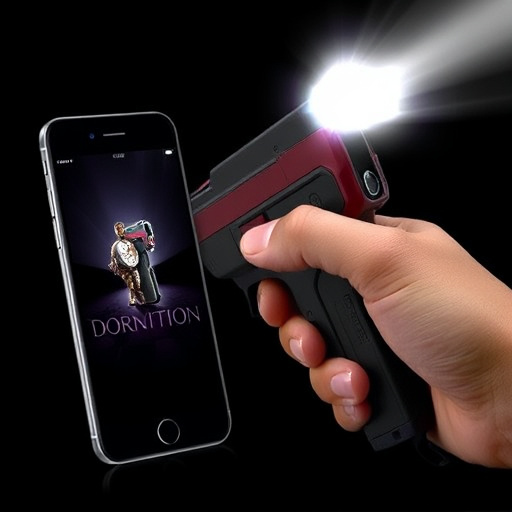
Acquiring a smart phone stun gun involves understanding and adhering to specific state laws, as with any self-defense device. Many states have regulations in place that dictate who can possess and carry stun guns, including those designed for smartphones. Generally, individuals must meet certain criteria such as age (often 18 or over), passing a background check, and possibly completing a safety training course. Some states also have restrictions on the type of stun gun allowed, its voltage output, and where it can be carried (e.g., concealed or open).
The specific requirements vary widely from state to state, so prospective buyers should research their local laws thoroughly before making a purchase. Additionally, certain states may have special rules for smart phone stun guns due to their unique design and potential accessibility via smartphones. These regulations aim to balance personal safety with public safety, ensuring that only responsible individuals can obtain and use such devices.
State-Specific Laws and Restrictions
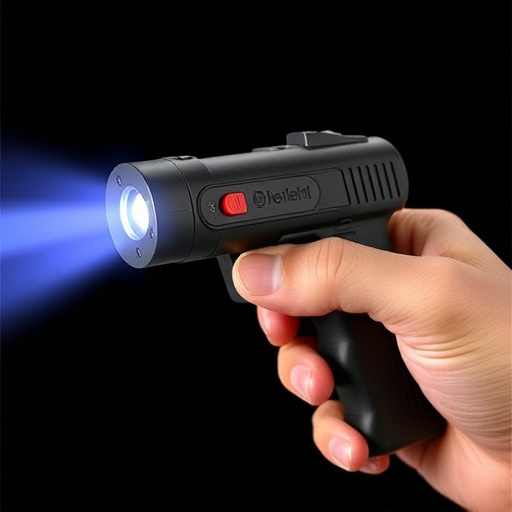
Each state in the US has its own set of regulations regarding civilian ownership of stun guns, also known as Tasers. These laws can vary significantly from one state to another, with some allowing open carry while others restrict ownership to certain individuals or require permits. For instance, states like Texas and Arizona have relatively lenient rules, enabling citizens to purchase and carry non-lethal self-defense tools like stun guns without a permit. Conversely, states such as New York and California have stricter regulations, often mandating permits for stun gun possession and delineating specific use cases approved by law enforcement.
When considering the acquisition of a smart phone stun gun, it’s crucial to understand your state’s legal framework. Failure to comply with these restrictions can result in fines or even criminal charges. Therefore, prospective owners should familiarize themselves with the specific laws in their respective states before making a purchase.
Safety Considerations and Responsible Ownership
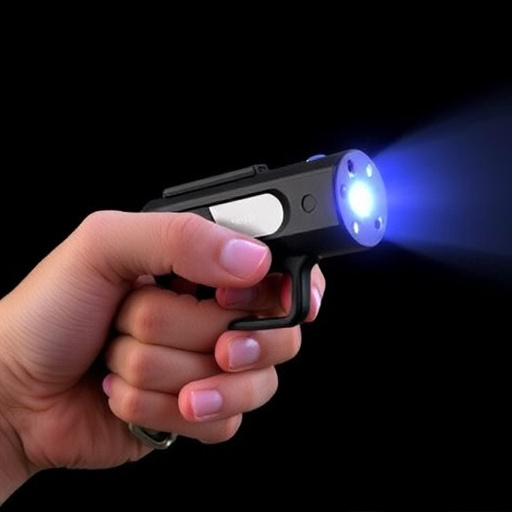
In the pursuit of self-defense, many civilians are exploring the option of owning a stun gun, such as a smart phone stun gun, for personal safety. However, it’s crucial to approach this decision with a deep understanding of safety considerations and responsible ownership. Before considering civilian taser ownership, individuals should familiarize themselves with state laws regarding the purchase, possession, and usage of these devices. Non-compliance can lead to severe legal repercussions, underlining the importance of thorough research.
Responsible ownership involves more than just knowing the law; it necessitates a commitment to safe handling and storage practices. Stun guns, like any weapon, require proper training to ensure their effective and safe use in real-life scenarios. Furthermore, responsible owners must exercise restraint, understanding that these devices are not a replacement for common sense or traditional self-defense strategies. Promoting safety through education and responsible ownership is key to harnessing the benefits of stun guns while mitigating potential risks.
Civilian taser ownership, particularly for smart phone stun guns, is regulated by a complex interplay of federal and state laws. While federal regulations provide a baseline, state-specific requirements vary widely, influencing the accessibility and possession of these devices. Understanding these laws and adhering to safety considerations is paramount for responsible ownership. By staying informed about their local legislation, individuals can ensure they are compliant and contribute to a safer environment.

